Antony Gormley’s sculptures take over Galerie Thaddaeus Ropac in Paris
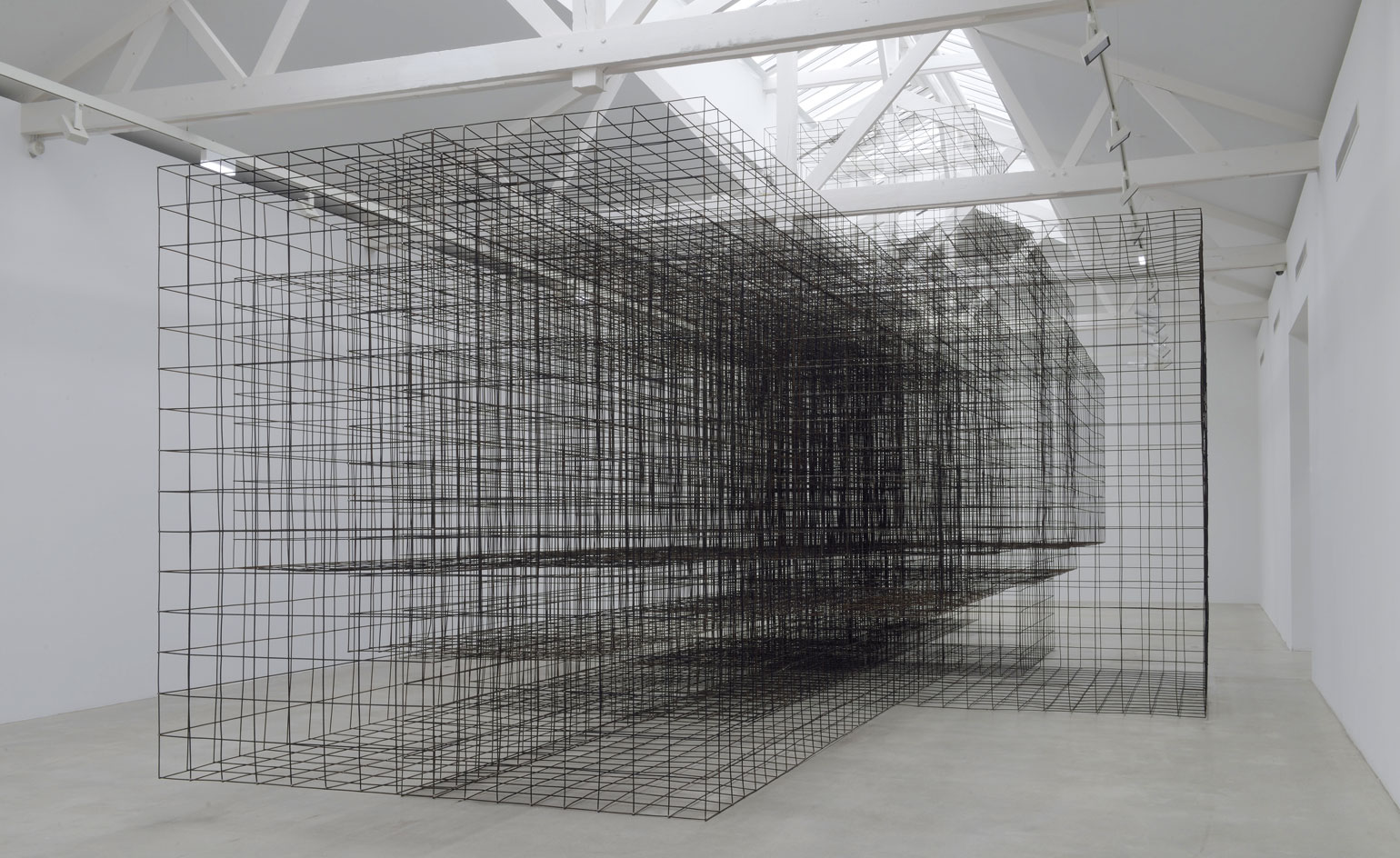
The visual impact of Antony Gormley’s major new show, 'Second Body', is immediate; from his precise and densely packed arrangement of 60 orthogonal forms to his impenetrable, dimensional grid of steel.
But the British artist suggests that, in occupying all four halls of Thaddaeus Ropac’s gallery in Pantin, he is presenting four discrete assertions of art as 'space activators' — and that the combined effect is far more immersive. 'The distinction between endless space and absolute place; I think this is within all of us,' he told Wallpaper* during a preview. 'It’s that containment of being in the body but being able to see beyond it into infinity.'
Upon entry, visitors are confronted by a massive, peaked sculpture that stands four metres tall, its silhouette conflating house and body. To the immediate left is Expansion Field with its five-dozen Corten steel figures, ranging in mass from 150 kg to a half-tonne; they made their debut in a slightly different arrangement last fall at the Zentrum Paul Klee in Bern, yet Gormley says he had the dimensions of Ropac’s gallery in mind when they were first conceived. 'I’m using a third of the space here,' he explained, noting that the relationship of scale is as 'tight as it can be.'
Beyond Expansion Field, a series of towering cast iron 'stelae' that, despite their stacked cube formation, give a human impression. If visitors appear like children in the presence of what Gormely calls 'unstable vertical columns,' that’s precisely the point. 'By implication, they make you feel smaller and more vulnerable,' he continued. 'And yet here are these things that are curiously like child-like, like lego or blocks.'
To the right of the central hall, the installation titled Matrix II. Over the past three weeks, all 16 intersecting volumes have been constructed in situ. During our visit, craftsmen were still welding the rebar (the same 5 mm-thick metal used in cast concrete buildings), its blackened finish the result of tannic acid. At its centre: an apparent void, just large enough for two people to stand (in theory).
Whereas the experience of Expansion Field is akin to weaving through a maze of gigantic sentinels (a rather brilliant setting for hide-and-go-seek), Matrix II can only be experienced from the periphery. 'There’s nothing to recognise, no reading to be done,' Gormley said of the latter. 'Here is this environment revealed now in its skeletal form. Your body can’t penetrate it but your mind with its eyes can. And it’s a very illusory place—what’s background becomes foreground and vice versa.'
The challenge, he adds, is where and how to direct one’s focus. 'I recognise it’s quite a tall order for the uninitiated perhaps to feel the hermeticism of this when it’s so obviously not something to be read,' said the Turner Prize winner. Nonetheless, Matrix II prompts consideration of the human figure even if it suggests the artist at his least figurative; a cavity to contain two bodies seems impossible to locate amid such a dense and complex framework. As an installation that nearly fills its gallery, it is at once architectural and elemental; maybe it’s a habitat, maybe it depicts some sort of cosmic fabric.
The time-lapse video, meanwhile, captures the realisation of Matrix II three times every five minutes. Gormley, perhaps modestly, believes the final accumulation of images won’t offer much in the way of magic: 'You will just see human spiders at work on a three-dimensional web.'
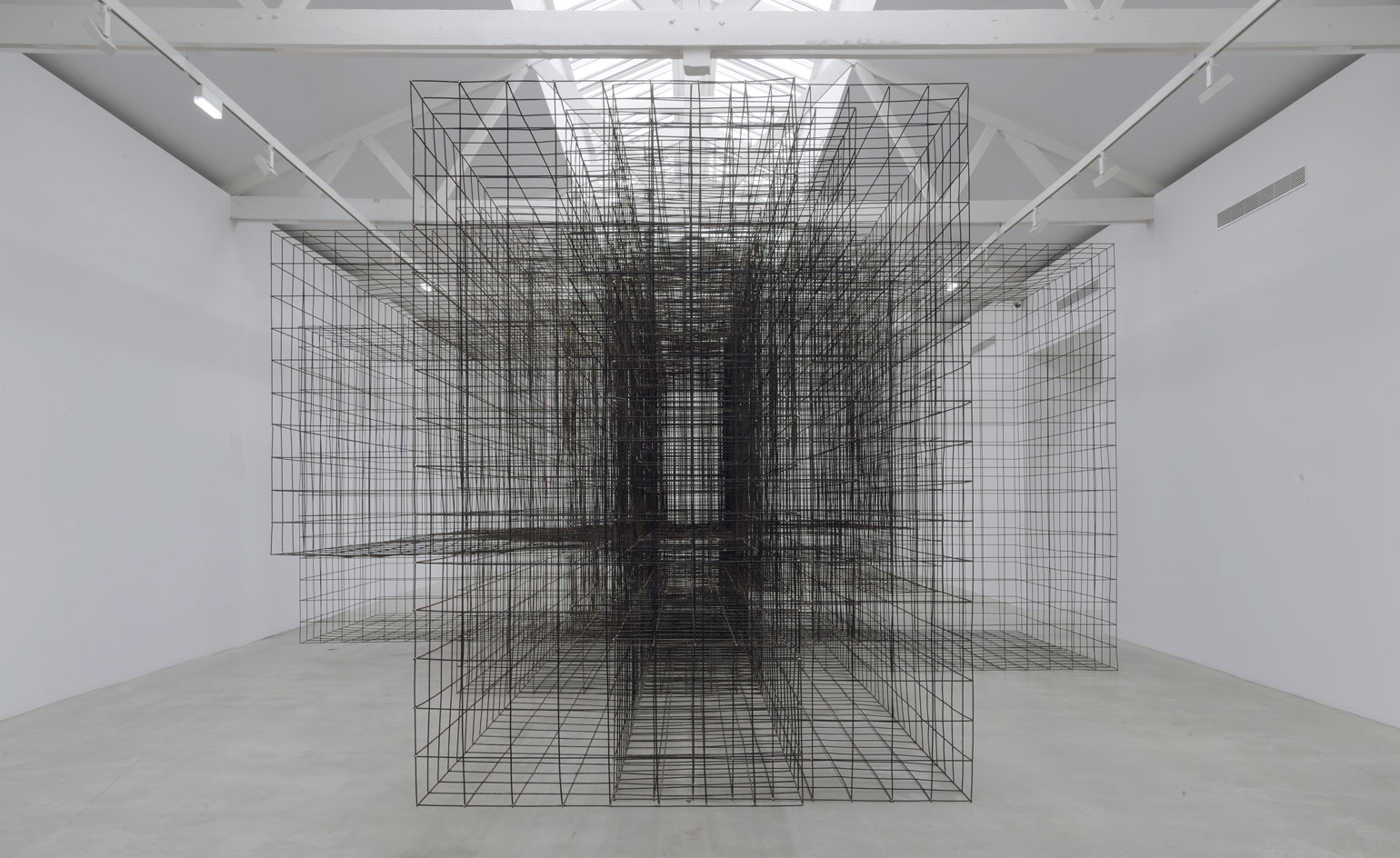
Watch as Gormley's Matrix II is set up, or as Gormley put it, 'human spiders at work on a three-dimensional web.'
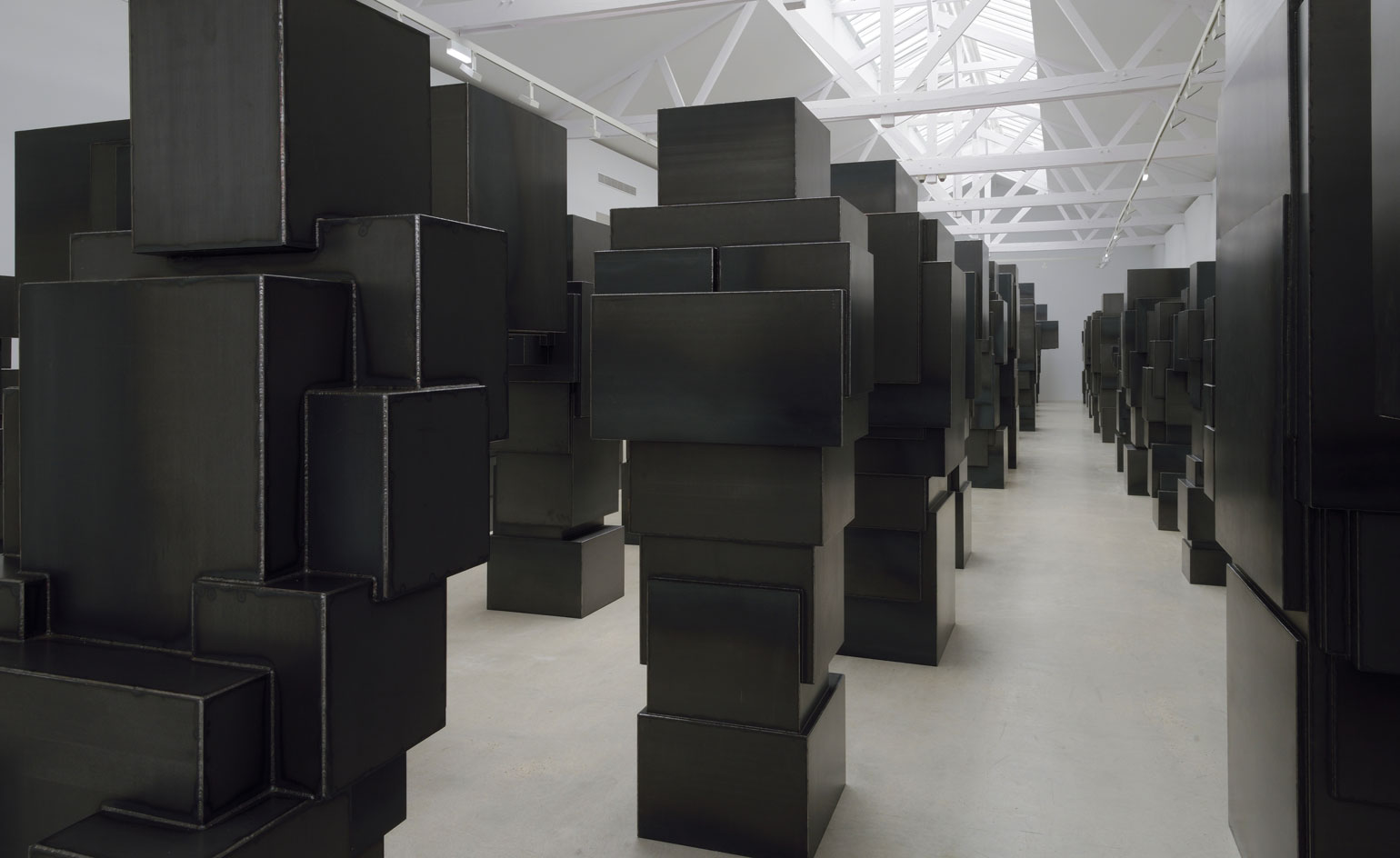
Alongside his impenetrable, dimensional grids of steel, Gormley also has a precise and densely packed arrangement of 60 orthogonal forms on show. Paris Patin
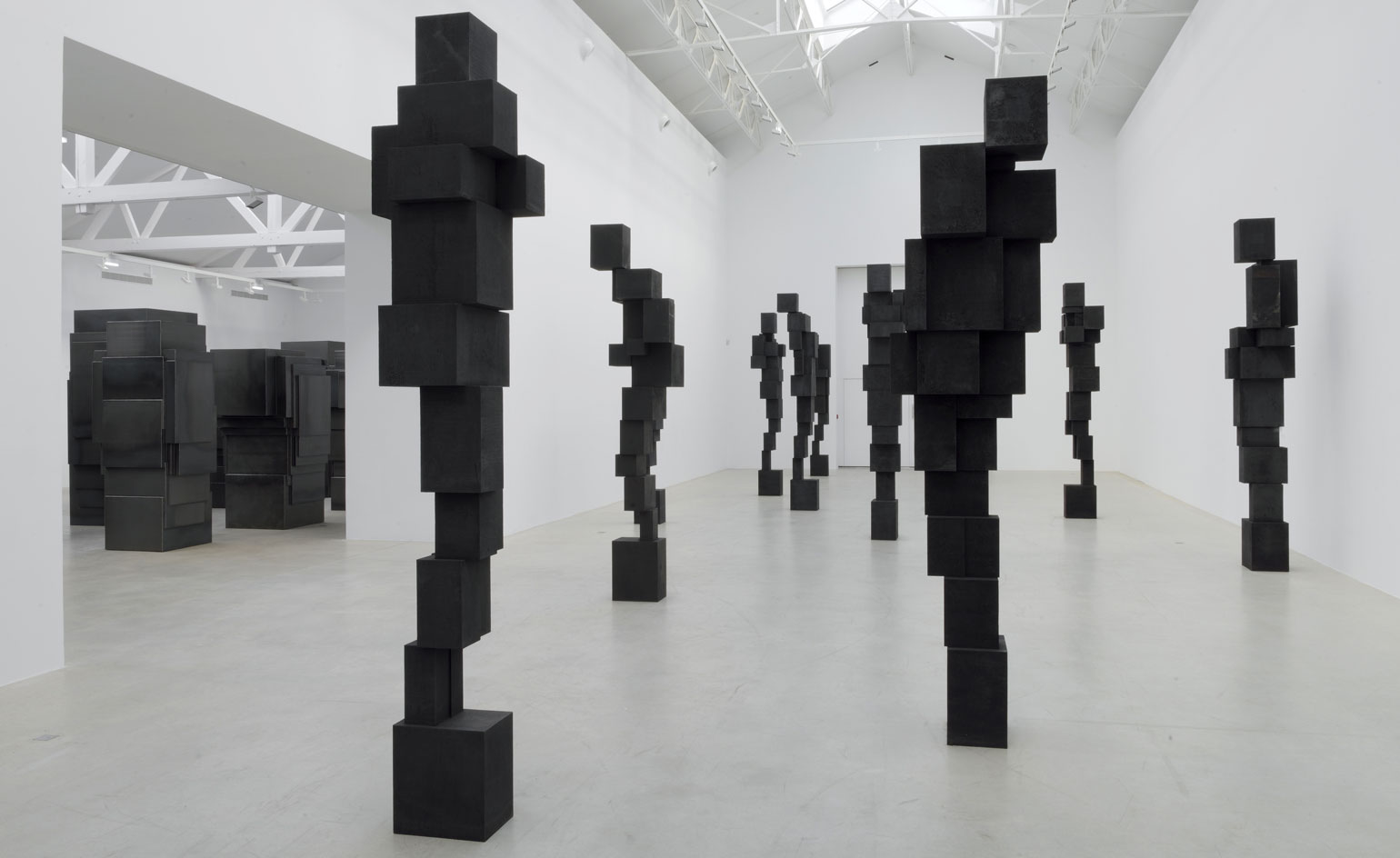
Beyond Expansion Field, a series of towering cast iron 'stelae' give a rather human impression, despite their stacked cube formation. Paris Patin
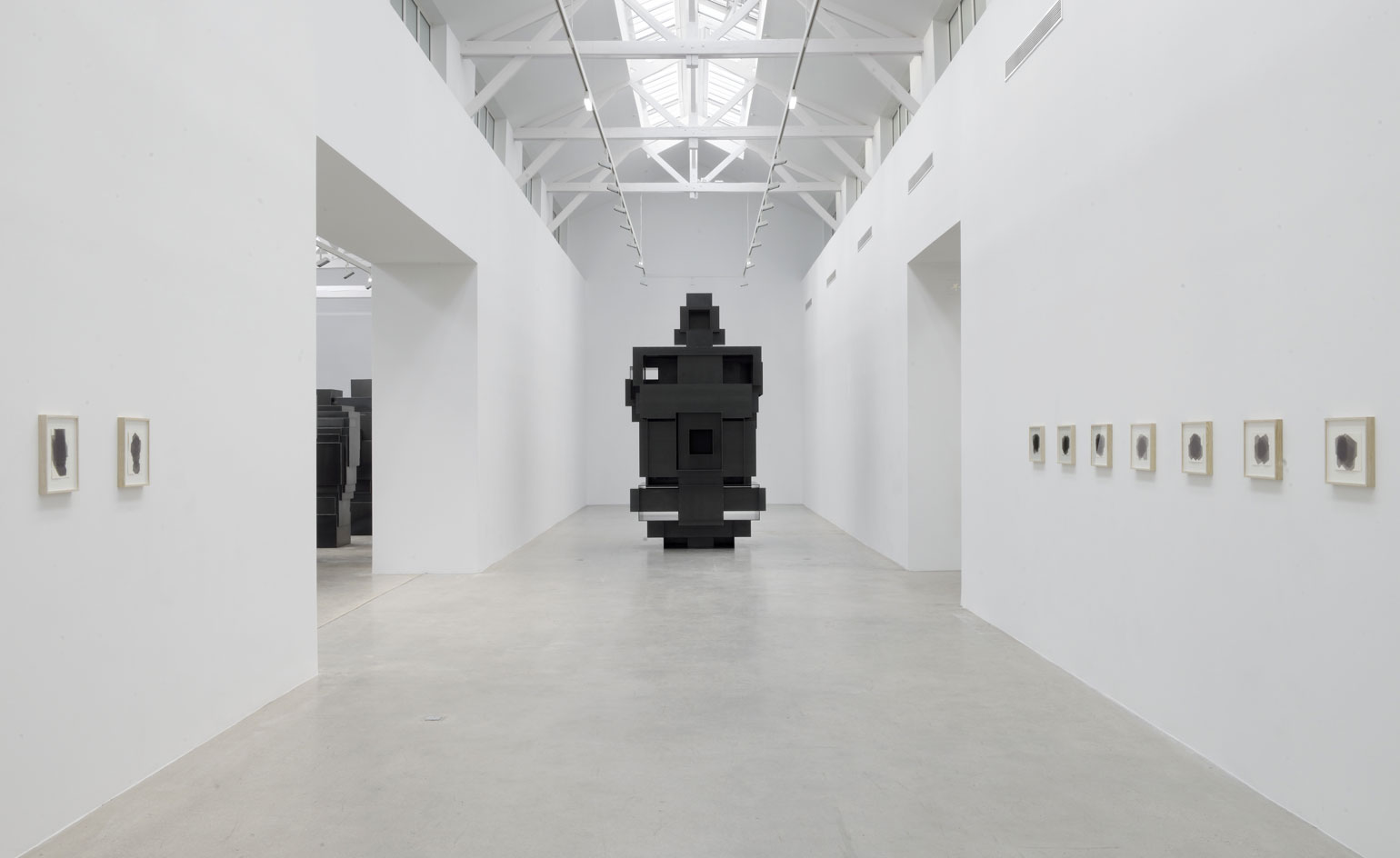
Gormley's 'unstable vertical columns' are mammoth in scale to make visitors appear like children, making them feel small and vulnerable. Paris Patin
ADDRESS
Galerie Thaddaeus Ropac, 69, avenue Général Leclerc, Paris Pantin 93500
Wallpaper* Newsletter
Receive our daily digest of inspiration, escapism and design stories from around the world direct to your inbox.
-
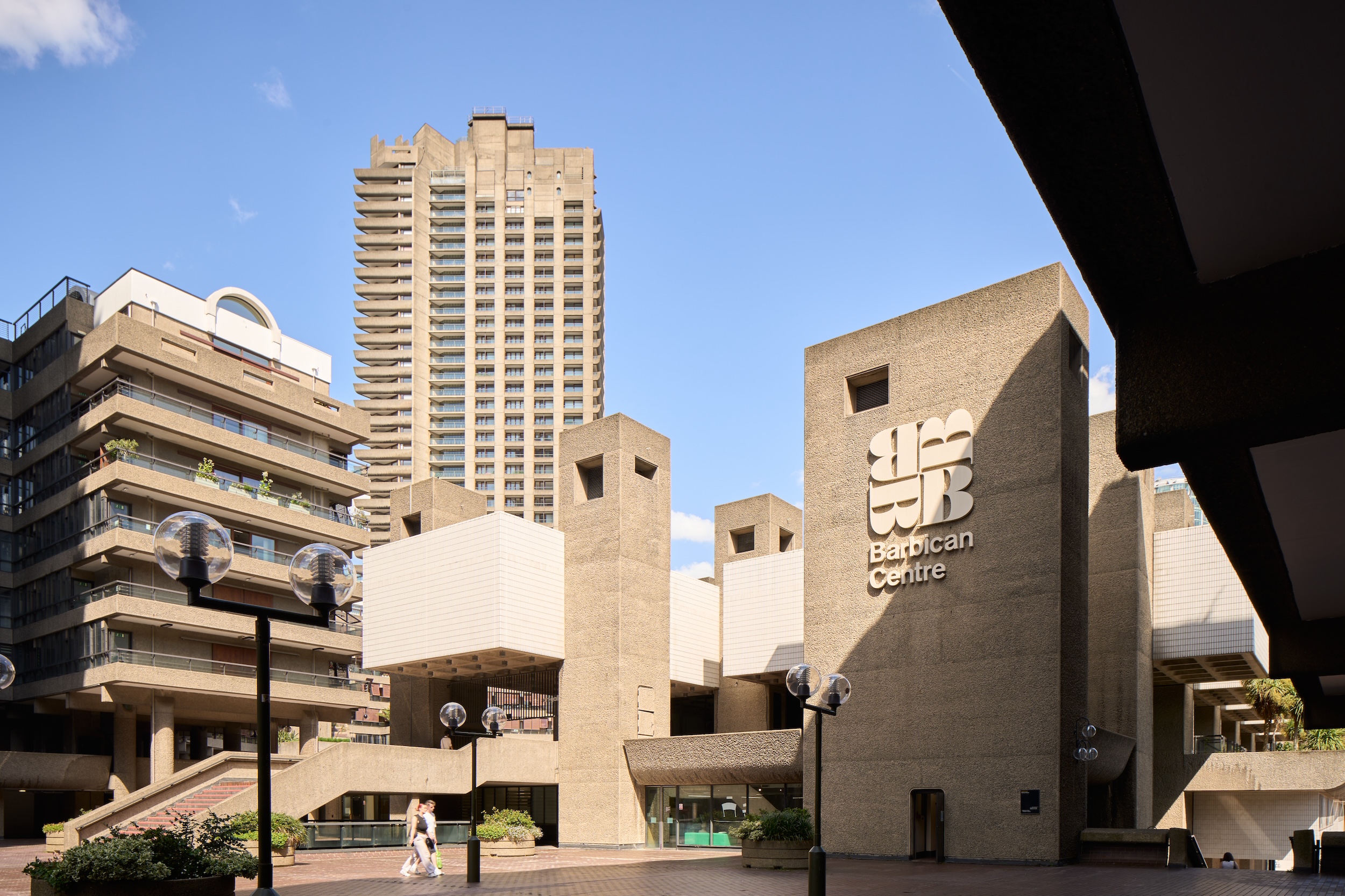 Warp Records announces its first event in over a decade at the Barbican
Warp Records announces its first event in over a decade at the Barbican‘A Warp Happening,' landing 14 June, is guaranteed to be an epic day out
By Tianna Williams
-
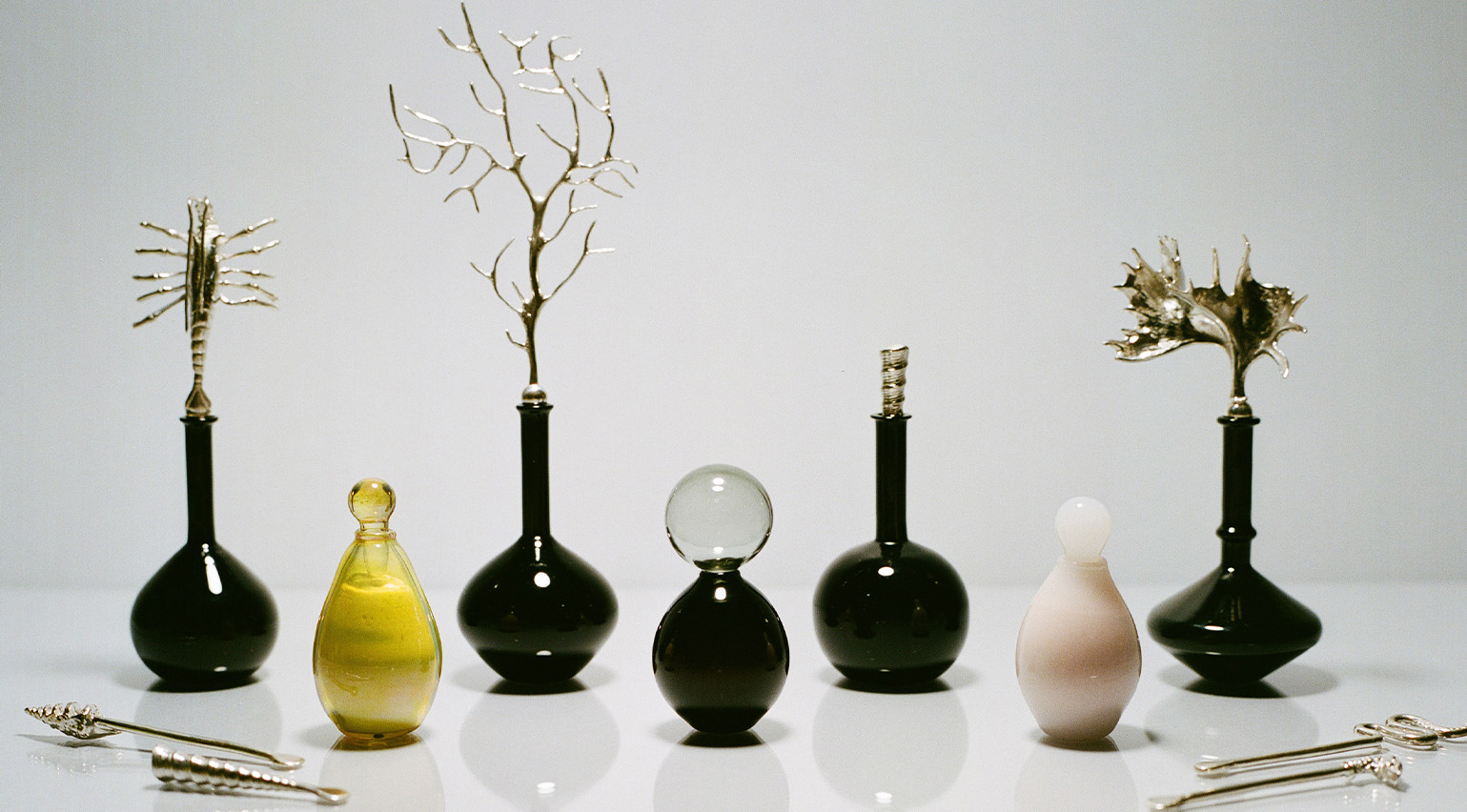 Cure your ‘beauty burnout’ with Kindred Black’s artisanal glassware
Cure your ‘beauty burnout’ with Kindred Black’s artisanal glasswareDoes a cure for ‘beauty burnout’ lie in bespoke design? The founders of Kindred Black think so. Here, they talk Wallpaper* through the brand’s latest made-to-order venture
By India Birgitta Jarvis
-
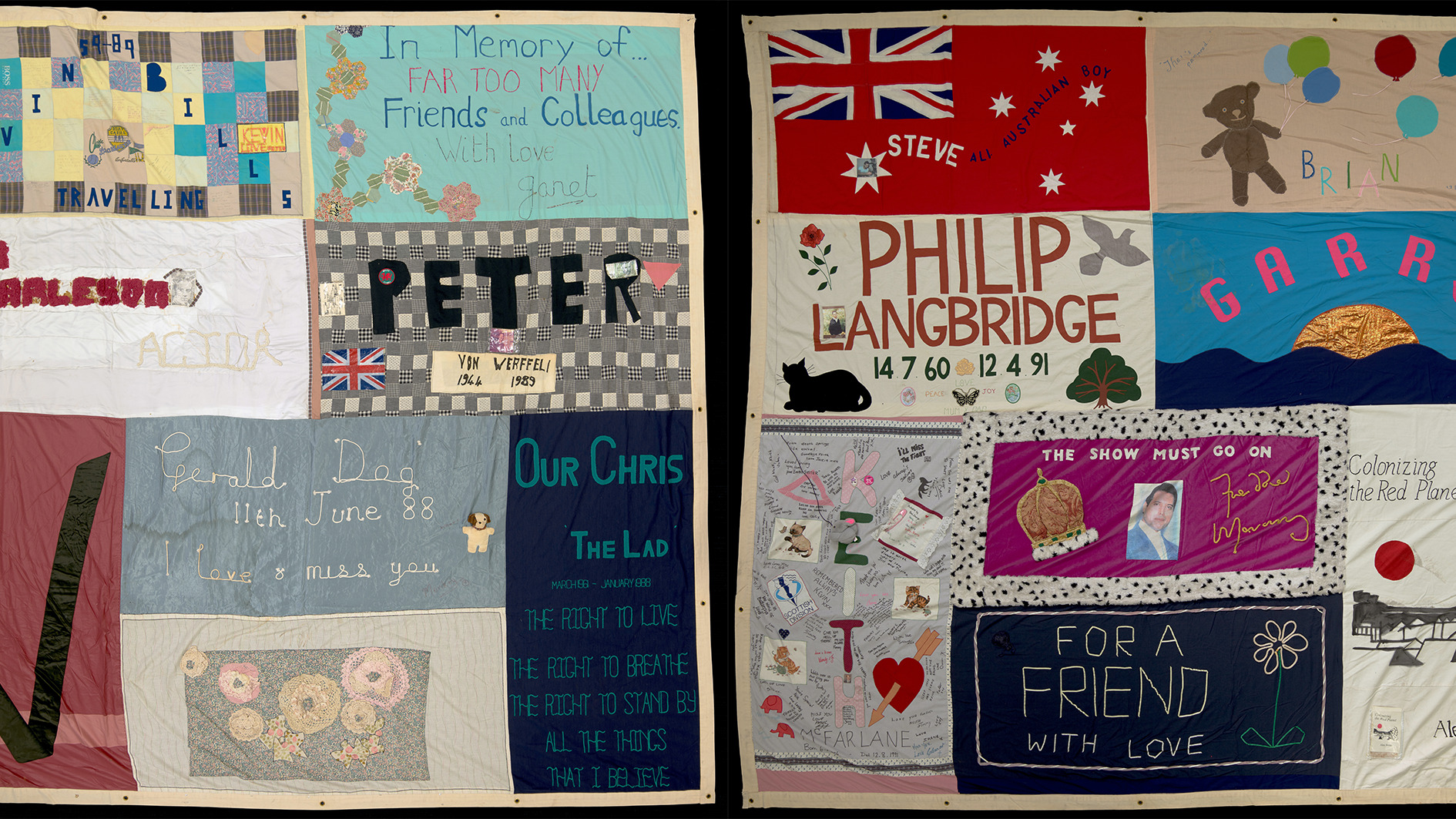 The UK AIDS Memorial Quilt will be shown at Tate Modern
The UK AIDS Memorial Quilt will be shown at Tate ModernThe 42-panel quilt, which commemorates those affected by HIV and AIDS, will be displayed in Tate Modern’s Turbine Hall in June 2025
By Anna Solomon
-
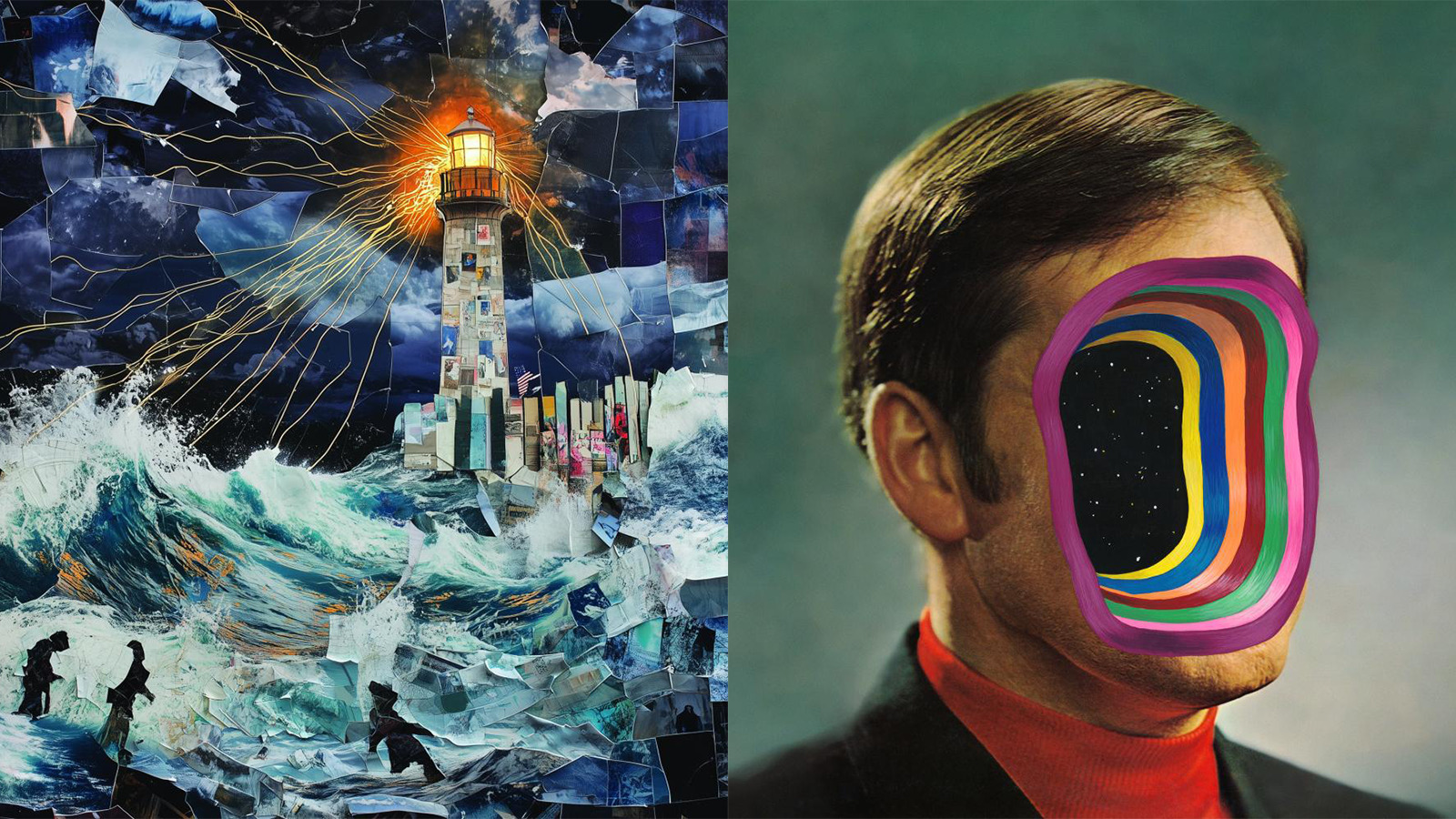 The charity record sale with a difference, Secret 7”, is back
The charity record sale with a difference, Secret 7”, is backThe initiative sees 700 vinyls in one-of-a-kind record sleeves designed by world-class artists exhibited and auctioned to raise money for charity
By Anna Solomon
-
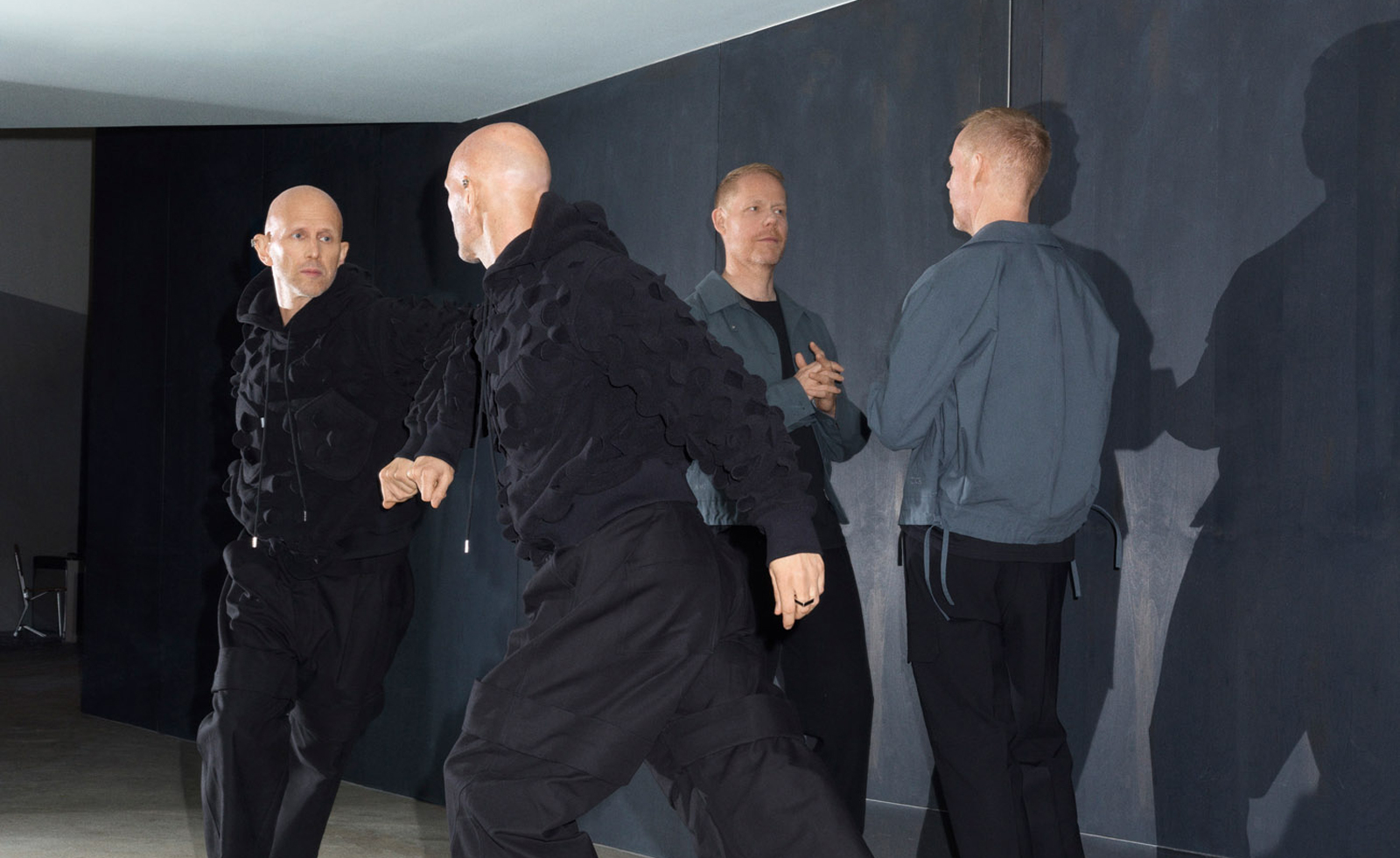 Year in review: top 10 art and culture interviews of 2024, as selected by Wallpaper’s Hannah Silver
Year in review: top 10 art and culture interviews of 2024, as selected by Wallpaper’s Hannah SilverFrom Antony Gormley to St. Vincent and Mickalene Thomas – art & culture editor Hannah Silver looks back on the creatives we've most enjoyed catching up with during 2024
By Hannah Silver
-
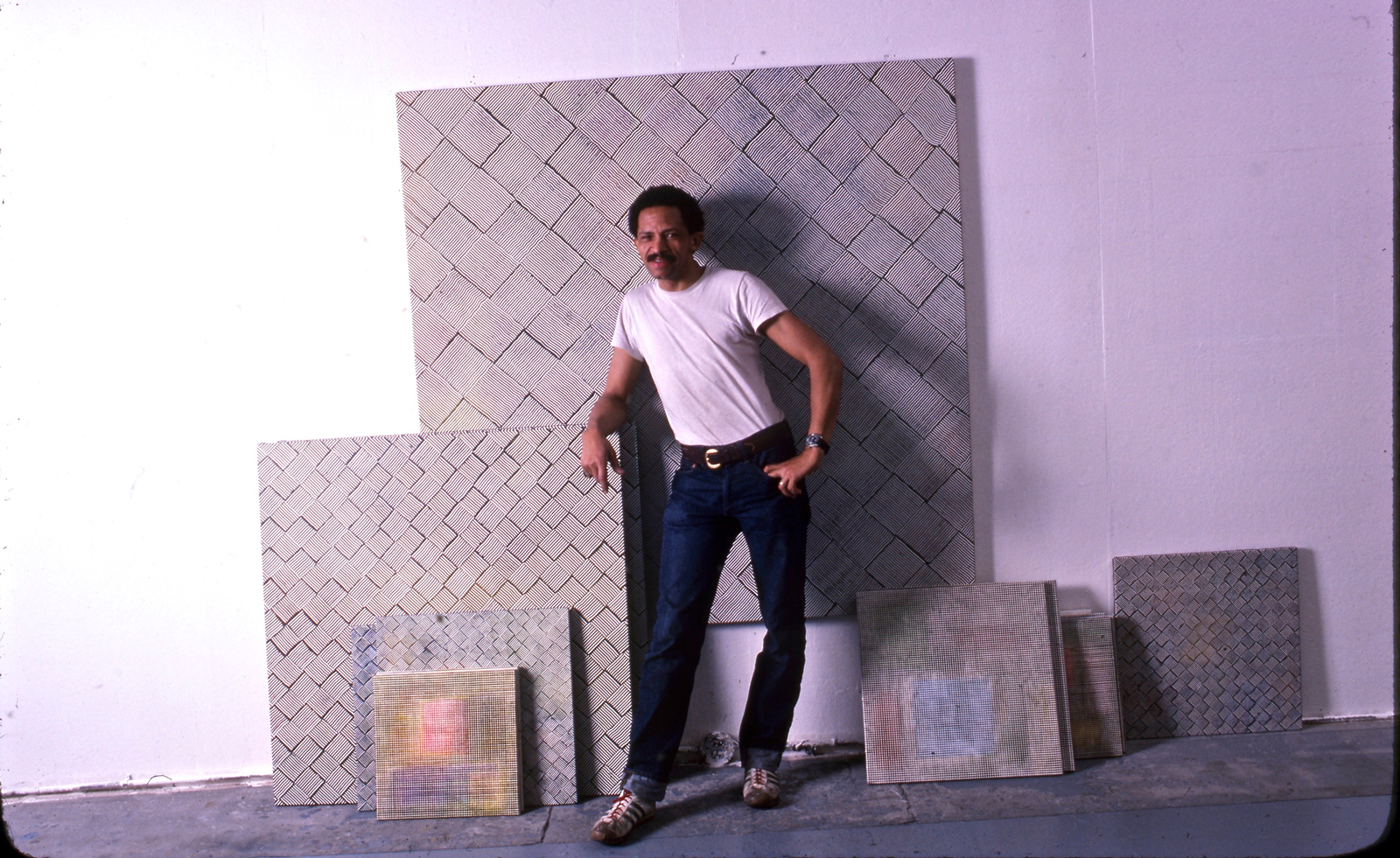 Inside Jack Whitten’s contribution to American contemporary art
Inside Jack Whitten’s contribution to American contemporary artAs Jack Whitten exhibition ‘Speedchaser’ opens at Hauser & Wirth, London, and before a major retrospective at MoMA opens next year, we explore the American artist's impact
By Finn Blythe
-
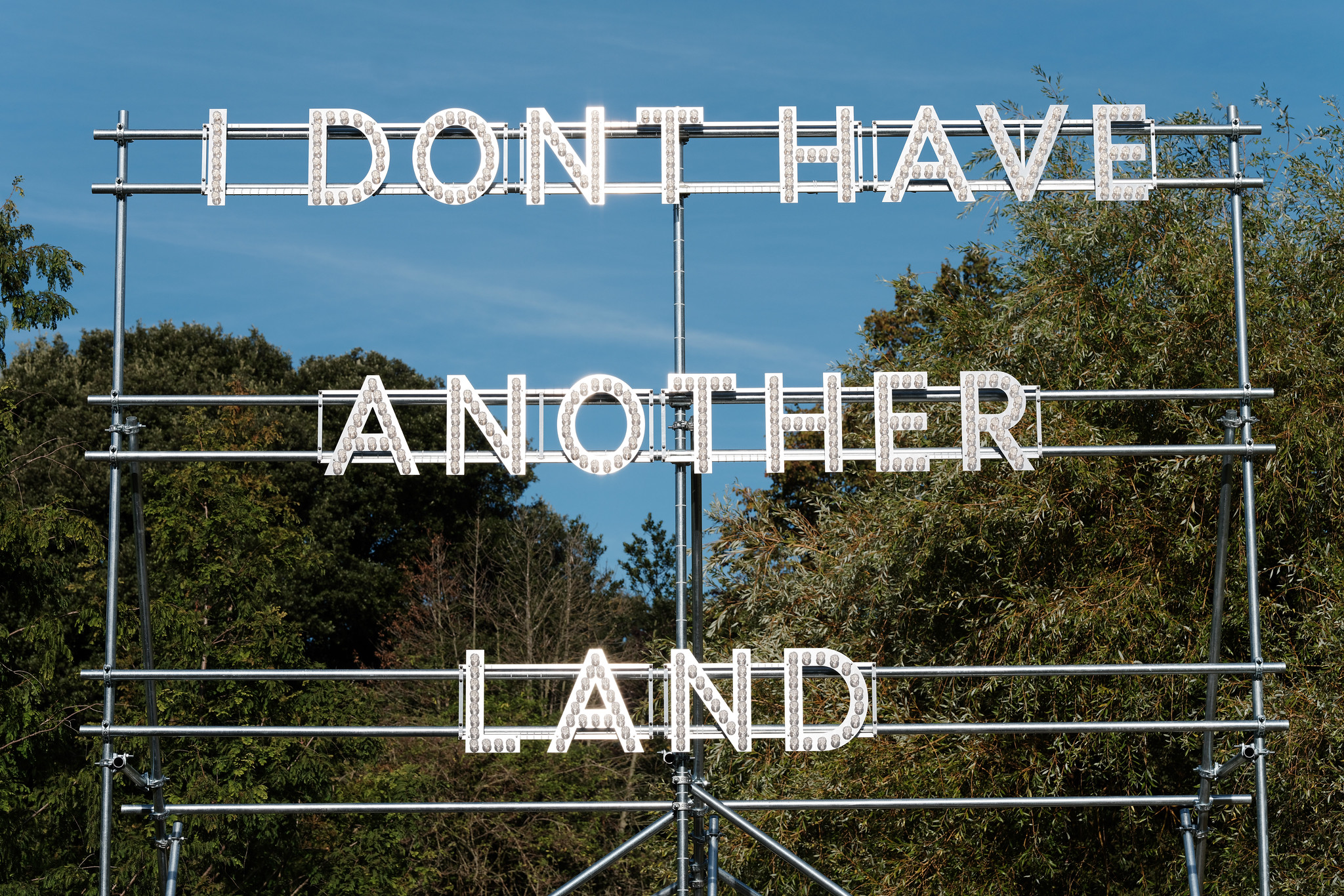 Frieze Sculpture takes over Regent’s Park
Frieze Sculpture takes over Regent’s ParkTwenty-two international artists turn the English gardens into a dream-like landscape and remind us of our inextricable connection to the natural world
By Smilian Cibic
-
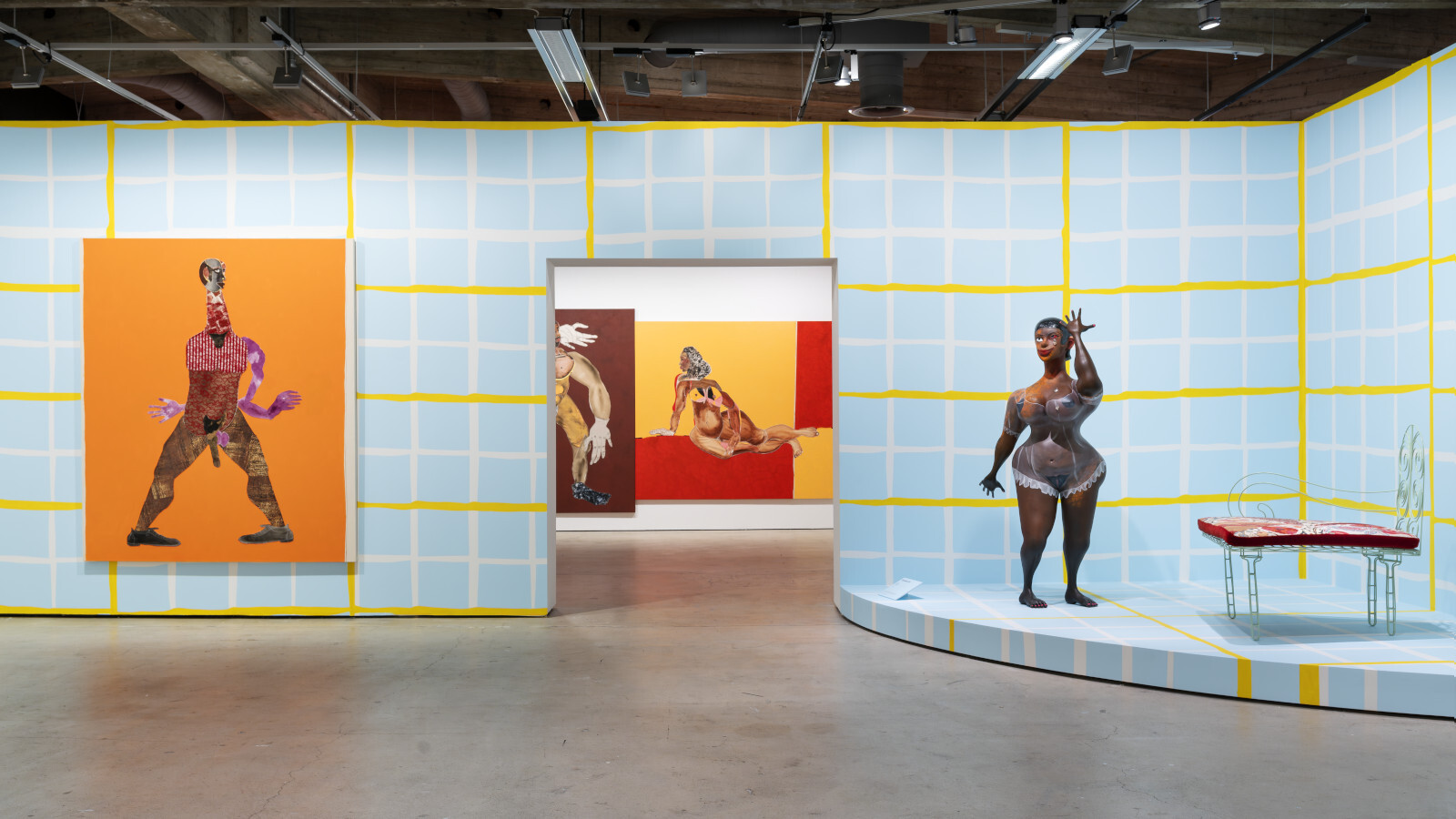 Harlem-born artist Tschabalala Self’s colourful ode to the landscape of her childhood
Harlem-born artist Tschabalala Self’s colourful ode to the landscape of her childhoodTschabalala Self’s new show at Finland's Espoo Museum of Modern Art evokes memories of her upbringing, in vibrant multi-dimensional vignettes
By Millen Brown-Ewens
-
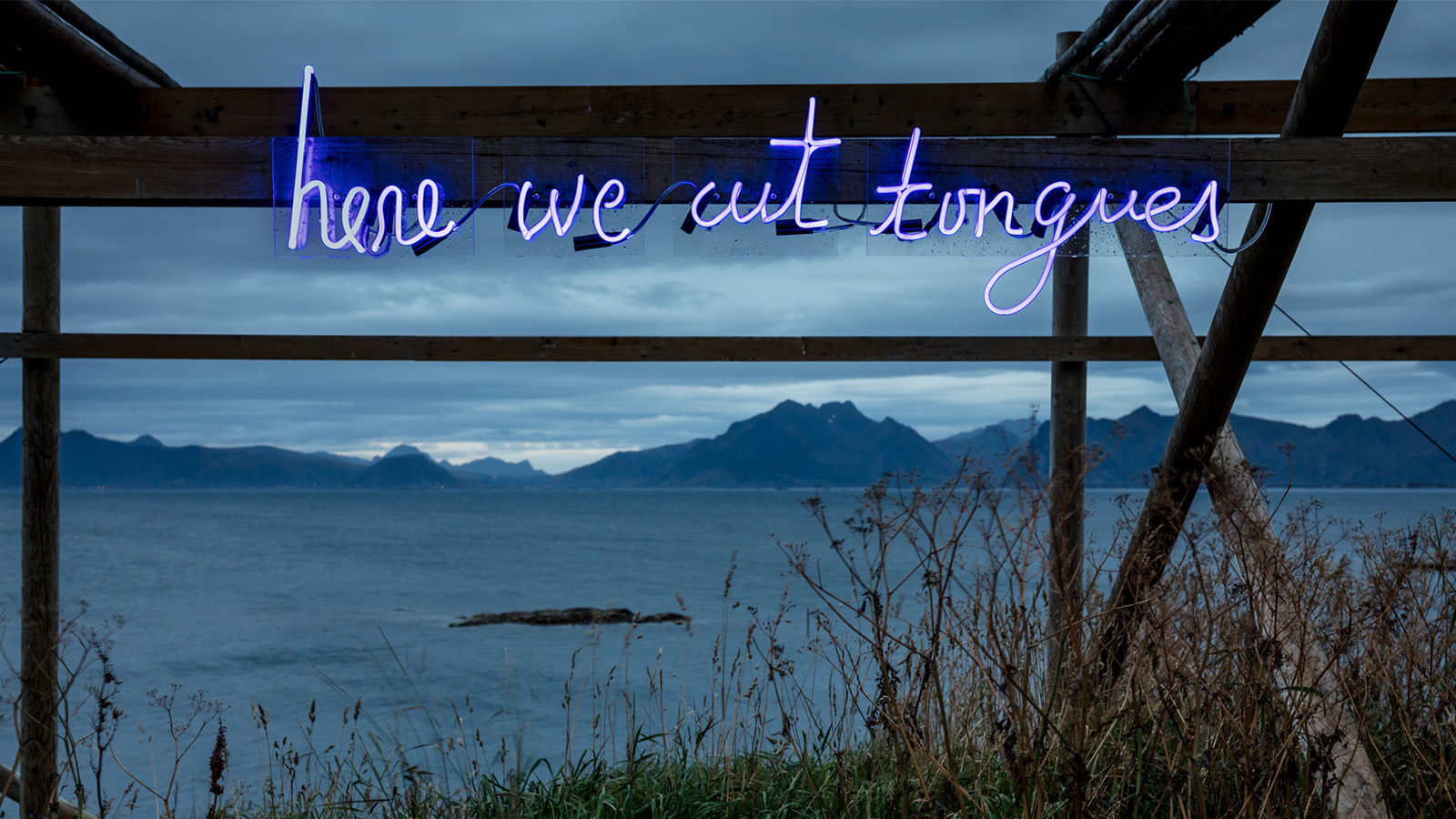 Wanås Konst sculpture park merges art and nature in Sweden
Wanås Konst sculpture park merges art and nature in SwedenWanås Konst’s latest exhibition, 'The Ocean in the Forest', unites land and sea with watery-inspired art in the park’s woodland setting
By Alice Godwin
-
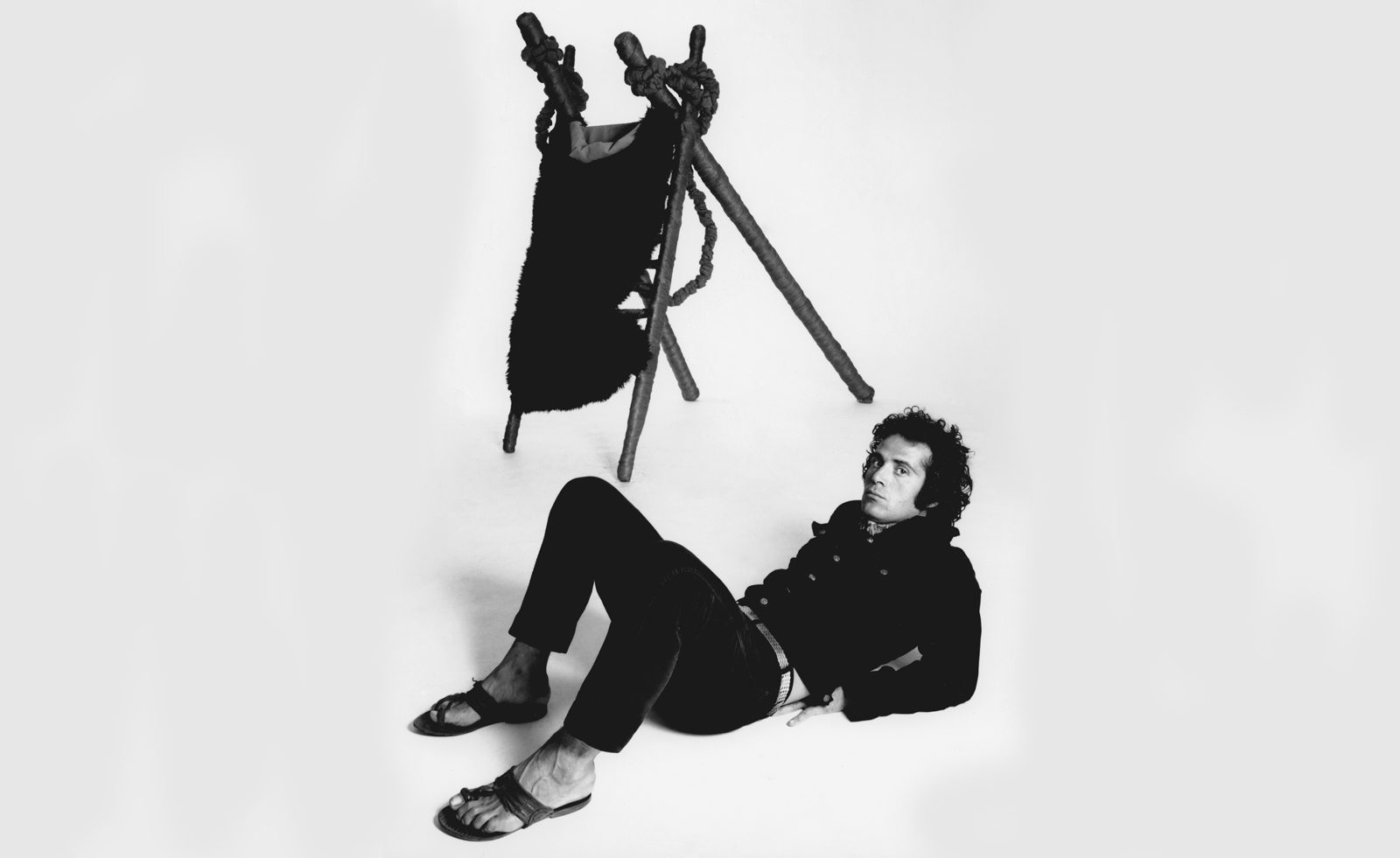 Pino Pascali’s brief and brilliant life celebrated at Fondazione Prada
Pino Pascali’s brief and brilliant life celebrated at Fondazione PradaMilan’s Fondazione Prada honours Italian artist Pino Pascali, dedicating four of its expansive main show spaces to an exhibition of his work
By Kasia Maciejowska
-
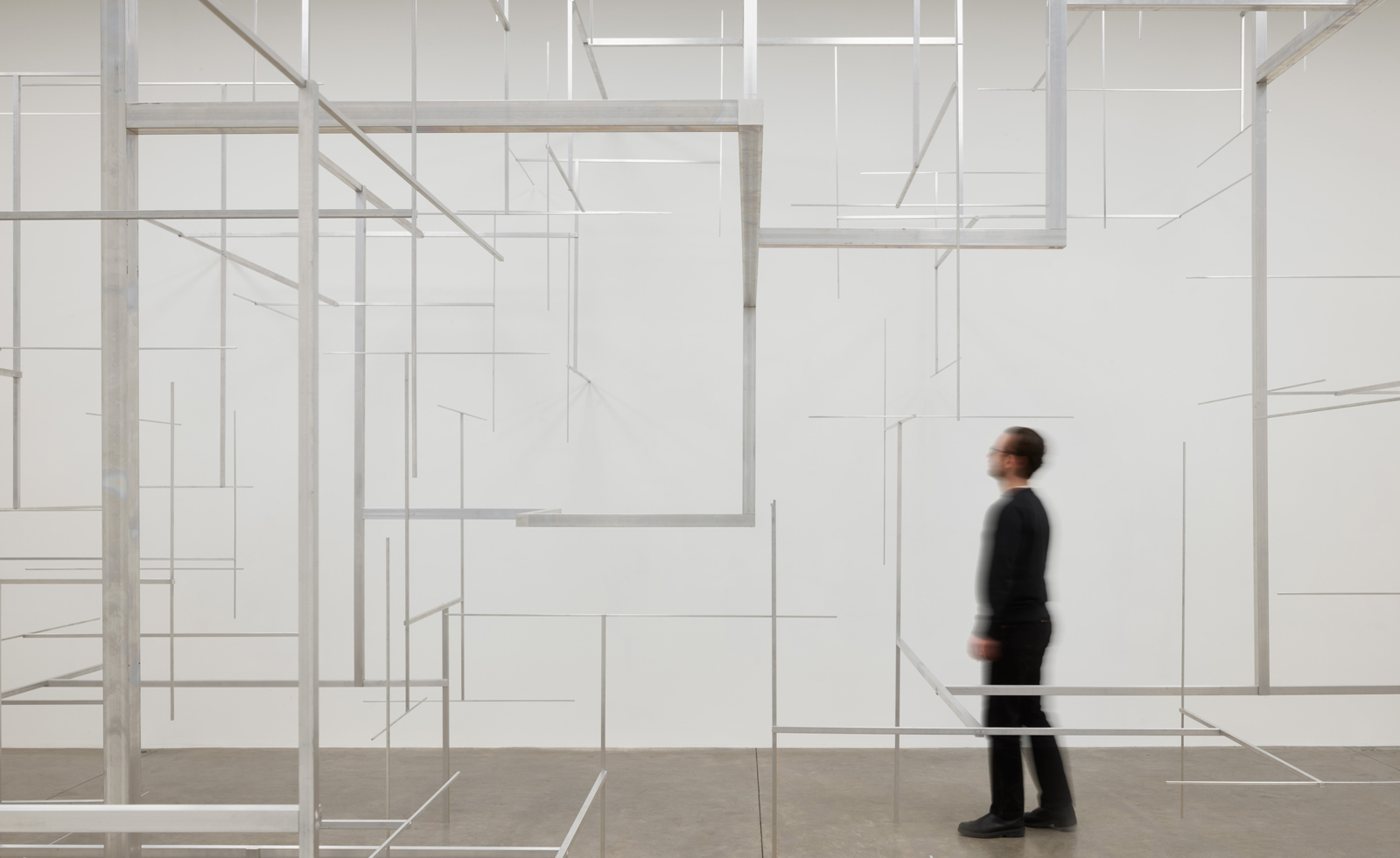 ‘I don't know what art is, but we have to make these things to understand ourselves’: Antony Gormley in New York
‘I don't know what art is, but we have to make these things to understand ourselves’: Antony Gormley in New YorkWallpaper* meets Antony Gormley as his new exhibition, ‘Aerial’ opens at White Cube New York
By Hannah Silver